A career in fashion is a dream that many scholars wish to pursue as it speaks to creativity, commerce and media. But what does it take to succeed in a career pitched in a competitive and fast-paced industry, and more importantly, where can scholars learn these crucial skills required to kick-start such an exciting future?
STADIO’S School of Fashion offers a three-year Bachelor of Arts qualification that addresses the broad knowledge base and practical skills required to enter this multi-faceted industry.
Students can choose from several fashion industry contexts to select the specialisation that aligns with their envisioned fashion career. STADIO School of Fashion offers three different programme specialisations for the Bachelor of Arts in Fashion, and these are, Design, Media and Buying. Each specialisation is carefully curated to prepare students for a successful career in the industry. The curriculum comprises of modules that hone creative and critical problem-solving scenarios that align directly to the world-of-work. This combination of knowing and doing equip students with the relevant skills that will allow them to be forward thinkers upon graduation.
The Bachelor of Arts in Fashion continues to engage with industry leaders to ensure the learning and teaching inputs remain abreast with industry developments. The school prides itself on local and international collaborations with industry. Most of the assessments are either endorsed by industry or include industry simulations to equip students with current and relevant skillsets.
“This forward-thinking approach allows students to understand the ever-changing fashion industry since the curriculum remains relevant”, states Cindy Cant, the marketing, communications and student recruitment manager. “The active industry engagements and critical analysis of the curriculum allow for continuous learning and teaching developments to ensure relevance and CHE compliance.”
STADIO School of Fashion also places a strong emphasis on quality assurance within its academic programmes. The rigorous processes ensure that the quality of the qualification meets local and international quality assurance standards. This is one of the main reasons why STADIO is seen as one of Africa’s most progressive fashion and design schools. The British Accreditation Council recognised the quality of the school’s academic processes’ and awarded the institution its international accreditation in 2020.
Class sizes are kept below 30 for practical modules to allow students to receive individual attendance and assistance from their lecturers. Lecture rooms are spaces for engagement and peer-led learning to instil formal and informal (soft) skills.
When reviewed against employability from the industry, the success of the qualification is evidenced through the school’s alumni that actively form part of the dynamic fashion industry, both locally andinternationally. The alumni office is also geared to embrace all members of this prestigious educational background and invite more alumni to participate in guest lecturers and future school dialogues.
“There are a lot of developments in technology that we wish to use, and as technology and online spaces grow, it is apparent that this is not just a time-bound trend. The continuation of technology as part of our daily lives will continue to become more impactful since most people are using this as part of their social, work and creative outlets”, noted Cant.
If the Covid-19 pandemic has taught the world anything, it is that things can change rapidly. STADIO School of Fashion also recognises the importance of emphasising agility and adaptability, especially in technology-based learning. Incorporating technology is an important focus point when assisting students in acquiring “future proof” skills that further align with that of the creative problem-solver.
STADIO School of Fashion has adopted a blended learning and teaching environment that honours both contact and online spaces that addresses the need for technology-based learning while maintaining a personal relationship between educator and student. This balance will allow students to become familiar with the requirements of the digital space as part of industry needs.
The Bachelor of Arts in Fashion with specialisations in Design, Media and Buying remain the flagship qualification of the school. If fashion is part of your future, join forces with this progressive institution and play an active role in reimagining this ecosystem.
DATE: April 2021 | DISCLAIMER: The content of this blog is accurate at the time of publication. STADIO reserves the right to change the content due to changes in legislation, as well as for market requirements and other reasons.

